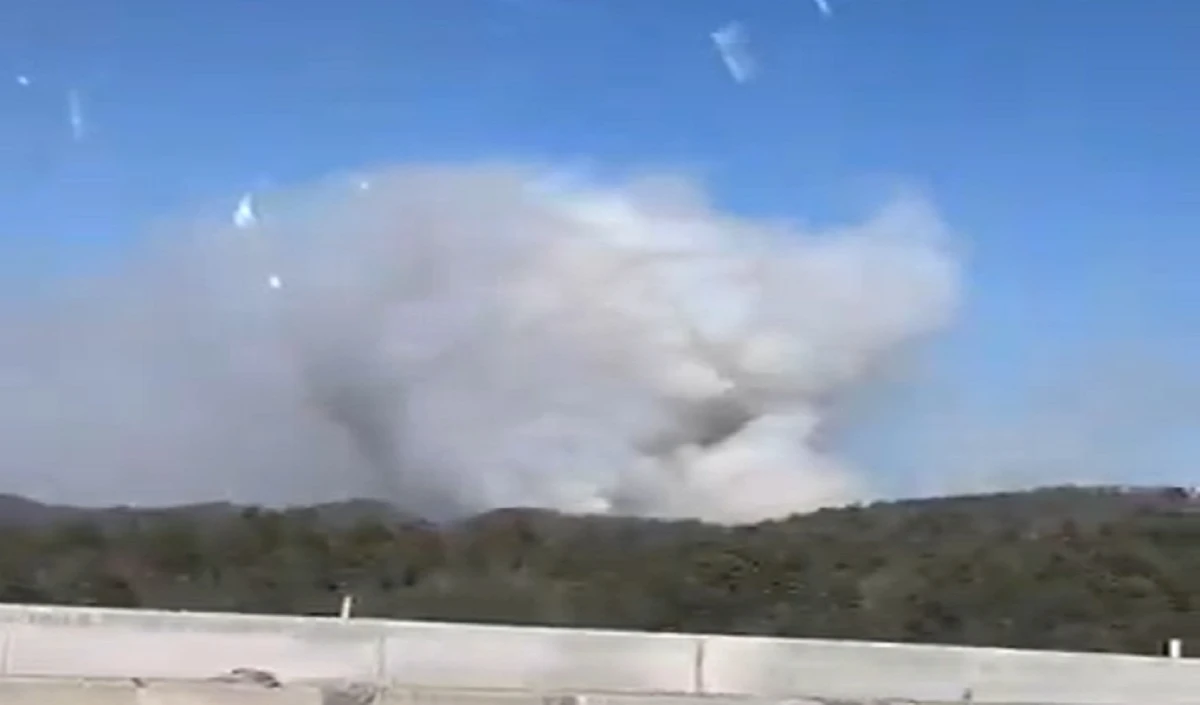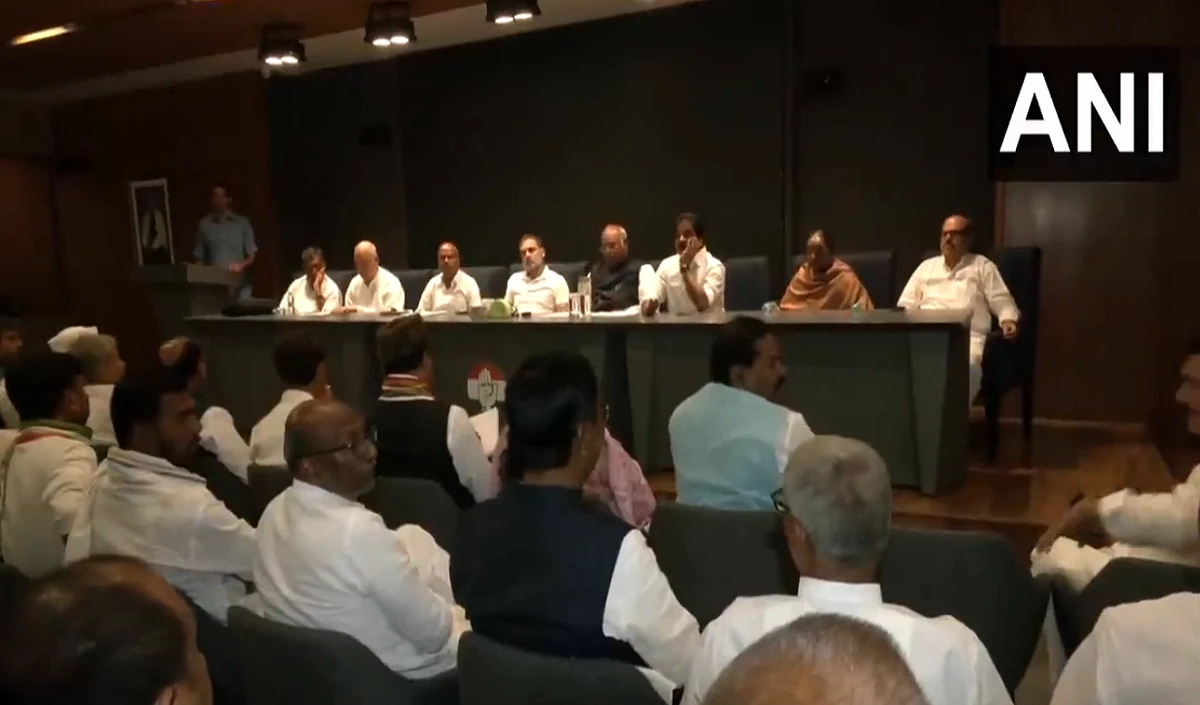India’s decision to postpone the Indus Water Treaty (IWT) since 1960 is both unprecedented and adventure. In response to the Pahalgam attacks, in which 26 tourists lost their lives, India has first postponed the 1960 Indus Water Treaty (IWT). Foreign Secretary Vikram Egyptian said on Wednesday evening, “The Indus Water Treaty of 1960 will be postponed with immediate effect until Pakistan renounces its support to terrorism across the border, reliable and irreversibly renounced.”
Even after Pulwama in 2019 and Uri attacks in 2016, the demands of New Delhi to stop the flow of India’s share of India were not met. After the Uri attacks in which 18 soldiers were killed, Prime Minister Narendra Modi said in the Indus Water Treaty meeting that “blood and water cannot flow together.” Now that India has postponed the treaty, New Delhi has many options left. From storage on Western rivers – Indus, Jhelum and Chenab – from creating water flow data sharing, its results can be disastrous for Pakistan, which is very much dependent on the Indus river system.
Also read: Gautam Gambhir threatened to kill him, ISIS Kashmir scared via email
Is the first water war beginning between India and Pakistan?
After the deadly Pahalgam terror attack, India has announced five major diplomatic steps against Pakistan, the most important of which is to ‘postpone’ the Indus Water Treaty, many experts are calling it the beginning of the first water war among neighbors. India has used the word ‘postponed’ very carefully, which keeps the option open by Pakistan to prevent cross -border terrorism and restore the treaty on punishing criminals. India’s decision does not mean that the gates will be closed and water will not flow from both sides. Simply put, it is a big step towards regulating water. So far, the Indus Water Treaty was sacred and April 2025 is the first time India has changed the rules of the game. Keeping the treaty ‘postponing’ also means that the cooperation mechanism will not move forward- there will be no independent flow of information and data between the two sides, which can have a serious impact on the river management of Pakistan, which can create a major water crisis in the coming years.
Also read: Pahalgam Terror Attack | Who are invited to the all-party meeting to be held today under the chairmanship of Rajnath Singh? Complete list
Last month, the Indus River System Authority (IRSA) warned Punjab and Sindh- Pakistan’s two largest grain producing states- 35 percent water shortage in the last phase of the current crop season. The country has been drought for a long time, in which the rain level has gone below the average. This decision of the Government of India can worsen the situation for Pakistan, as now no information and data from India will be given to them, which can spoil the river management. This is the first major step towards stopping the free flow of water in Pakistan. By doing this, India has warned its neighbor that it has two options- either it stops terrorism across the border and restore the treaty or continue in its own way and force India to stop the free flow of water.
Pakistan is one of the most dry countries in the world
Pakistan is one of the most dry countries in the world, where the average annual rainfall is about 240 million years. It is a single basin country and its dependence is 76 percent on extreme water resources. About 90 percent of Pakistan’s total agricultural production is on arable land supported by the Indus basin irrigation system. Agriculture and hydroelectric from Indian rivers operate 24 percent of Pakistan’s GDP, 45 percent of its employment and more than 60 percent of its exports. The treaty, which protects Pakistan from India’s upstream control over the flow of the river, was signed with the help of the World Bank after nine years of conversation between India and Pakistan in 1960, who is also a signator.
No provision for unilateral return or cancellation
Despite many wars and ongoing political tensions between India and Pakistan, the treaty remains intact for more than six decades, which is often quoted as a successful example of cross -border water management. In the words of the treaty, there is no provision for unilateral return or cancellation by any party and that is why India has taken a clever step to use the word ‘postponed’ rather than suspension or cancellation. It is expected that Pakistan will knock the doors of international organizations against this decision and call it a violation of the treaty.
What options do Pakistan have?
Although the intermediary treaty by the World Bank does not mention that the Judicial Branch of the United Nations, the International Court of Court (ICJ), can intervene, it establishes a three -tier solution mechanism. According to the three-dimensional mechanisms, the Permanent Indus Commission (pic), including the commissioners of both countries, has a starting point to resolve the disputes arising out of water sharing between the two countries. However, if the problem is not resolved by the PIC, it is sent to the neutral experts appointed by the World Bank, as the recent controversies between India and Pakistan over Kishanganga and Ratale hydroelectric projects. In that case, the neutral expert supported the situation in New Delhi – a welcome decision for India.
According to India’s Foreign Ministry (Mea), “The decision on all matters of neutral experts within his ability will be final and binding.” Finally, the case can be taken to the Permanent Arbitration Court (PCA) in the Hague under the provisions of Article IX. In the latest controversy over Kishanganga and Ratale hydroelectric projects, Pakistan wanted to contact the PCA instead of a neutral expert. The Ministry of External Affairs said, “As long as there is no consensus between the parties, there will be seven intermediaries appointed in the mediation court.”



